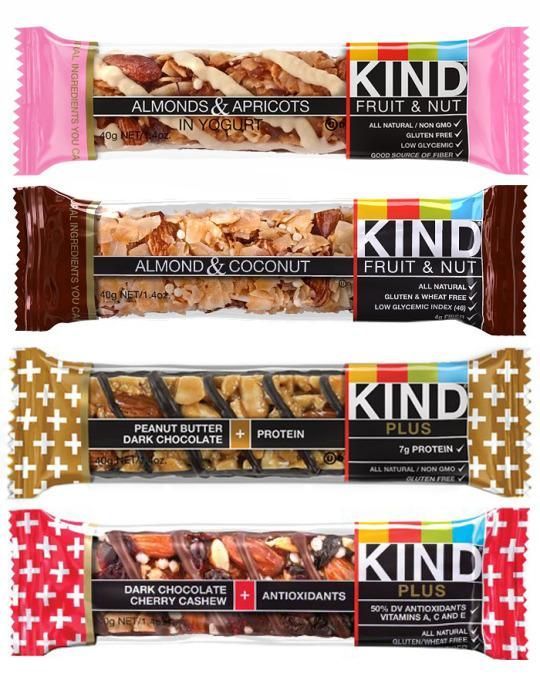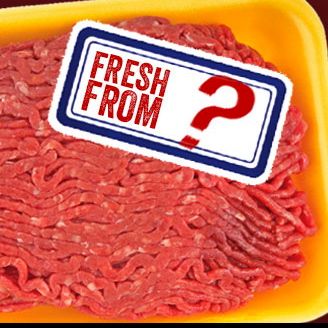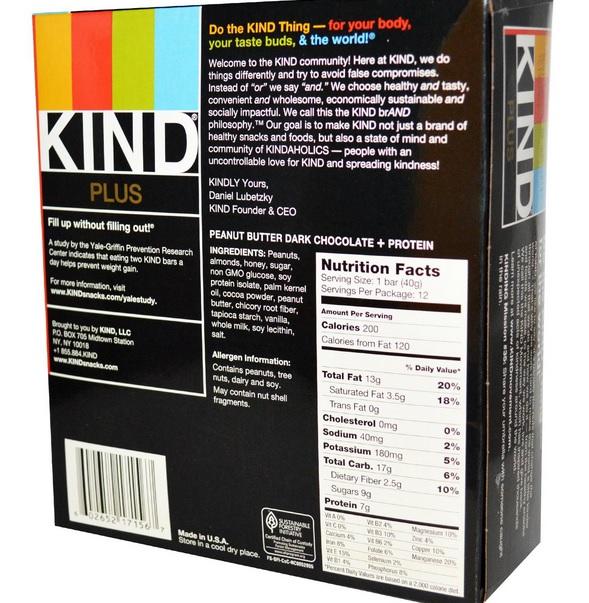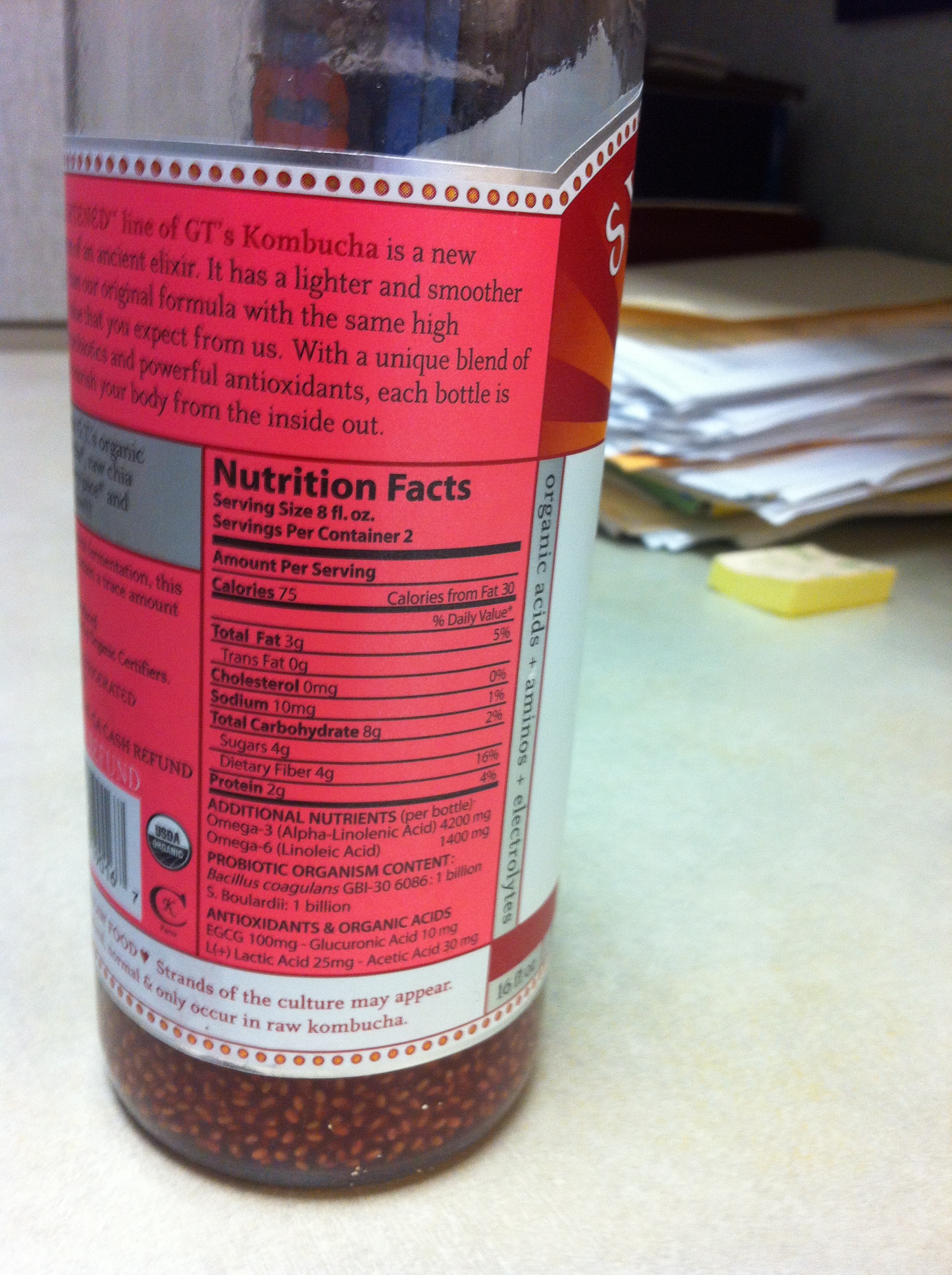I previously posted an article discussing the importance of accurate labeling, especially for food importers. Labeling errors are one of the most common reasons products shipped to the United States are refused entry. If a product is found to contain a labeling violation, the FDA may deem the product “misbranded,” making it a prohibited act to distribute the product in the U.S. Once the FDA identifies one mistake on a businesses’ labels, the agency is more likely to stop this businesses’ products at the border in the future.
In March 2018, the FDA refused entry to over 150 food products attempting to enter the U.S. These food products from various countries throughout the world now cannot be sold in the U.S. in their current form due to labeling violations, so now importers are faced with a difficult business decision.
There are three things importers can do with the refused products. First, they may re-label each item with FDA compliant labels. This would require the importer to design, print and affix new labels to each item refused entry within 15 days’ of receiving the refusal notice. The tight time-frame to accomplish these tasks is very difficult for smaller single-item shipments and almost impossible for larger multi-item shipments due to the manpower it would take to complete the labeling, in addition to the cost a labeling specialist will charge to expedite revised labels.
Another option is to export the products back to their port of origin or another suitable country (e.g., Canada, Mexico). While the importer would retain ownership of the products, the additional shipping cost may exceed the value of the underlying products. The last option, and usually the option of last resort, is to destroy the products while under FDA supervision. This usually occurs when the cost to re-label or export exceeds the value of the products refused entry.
FDA previously announced their intention to focus on import violations, as demonstrated by the March refusal list and their commitment to enforcing labeling laws. In order to avoid the high costs and delays resulting from a labeling violation, it is best to have food labels reviewed for FDA compliance prior to shipping the products to the U.S. The cost of such reviews are minimal in comparison to the cost of fighting to get your seized products released or exported due to a labeling violation.
If your business is unsure whether a product label is in compliance with, or need assistance in adapting your label to meet, FDA regulations Morsel Law can help. Order your flat-free label review to make sure your food label is in compliance.







 Earlier this year, Hampton Creek Inc., the maker of Just Mayo, was sued by Unilever, the maker of Hellman’s mayonnaise, and accused of false advertising for calling its egg-less spread “mayo”. Even though experts thought the claims were strong, the case was eventually dropped due to the negative publicity Unilever received which painted it as a corporate bully. As mentioned in an earlier
Earlier this year, Hampton Creek Inc., the maker of Just Mayo, was sued by Unilever, the maker of Hellman’s mayonnaise, and accused of false advertising for calling its egg-less spread “mayo”. Even though experts thought the claims were strong, the case was eventually dropped due to the negative publicity Unilever received which painted it as a corporate bully. As mentioned in an earlier 


